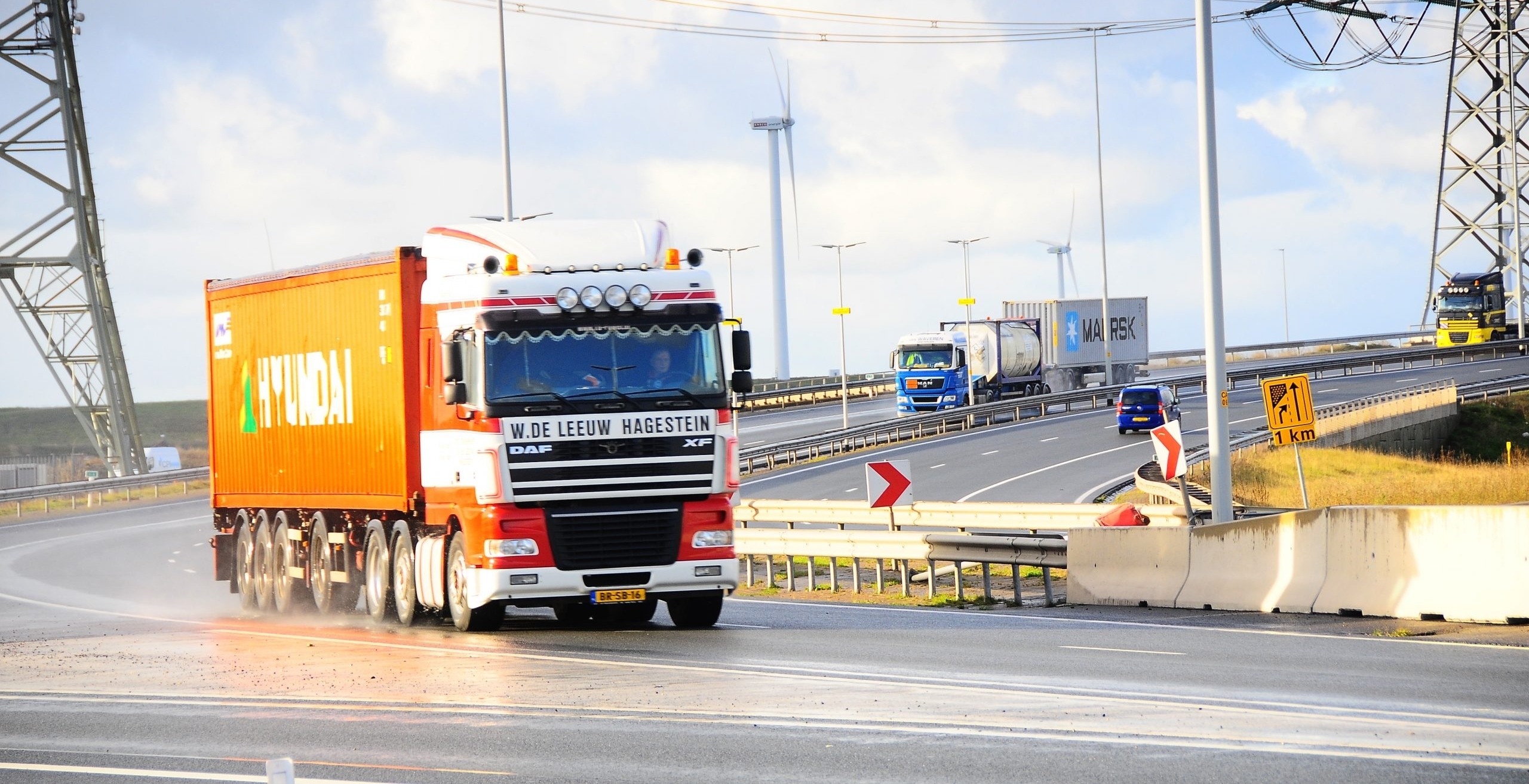Last Mile Delivery Management

|
€525.00
(incl. VAT):
Order
|
Contact us |
Last mile deliveries are the most inefficient and complex part of the supply chain. There are indications that on average as much as 28% of the transport costs can be related to the last mile delivery or first mile pickup. With the increasing trend of e-commerce and the impacts this development has on urban areas, more attention is now given on how to optimize this part of the chain.
Optimization is needed to overcome the economic, social and environmental challenges that stakeholders have to deal with. But where and how to start?
The Last Mile Delivery Management course gives a clear understanding of the complexity behind last mile delivery systems and provides practical cases on how to overcome current and future obstacles.
Buying processes at the level of the consumer have been shifted due to the possibilities the World-wide Web has provided. Mail order companies have been modified to e-commerce companies. The amount of buying products online is growing at a very rapid pace. This has huge impact on the distribution into urban and suburban areas. Management of these e-commerce companies, transport companies and parcel delivery services must take notice of the effects of the last mile delivery. Interconnection of buyers, suppliers and modalities is important to reduce cost and environmental impact (CO2 emission). What policy can be put in place to reduce these impacts? How can data collection support the reduction of cost and environmental impact? What would be your best strategy to implement concepts related to the last mile delivery? Our way of shopping will not return to a 100 % offline business model. How will you be ready for the future? We will take you on a journey of 24 hours. Please be home when we ring the bell to deliver your certificate.
 Learning aims and course objectives
Learning aims and course objectives
Course objective
After finishing the course, you will have enhanced your knowledge of the urban freight distribution sector, be aware of current debates in the industries and you will be able to see and discuss the connections between current and expected trends. You will be equipped to identify opportunities for your business and/or urban area.
Course build-up
The course discusses 7 main topics and their respective subparts:
- Introduction to Last Mile Delivery Management
- Urban distribution environment
- Forward and reverse logistics in Last Mile Delivery Management
- Urban distribution data collection
- Costs and pricing for last mile deliveries
- Urban distribution policies
- Business models
 Course outcome
Course outcome
After completing the course, the participants will:
- Be able to identify the main actors involved in urban distribution
- Understand the link between the different actors
- Understand the importance of urban area typologies
- Understand the different urban area typologies
- Be able to explain the factors that affect urban distribution
- Be able to explain the positive and negative impacts of last mile deliveries
- Be able to explain what is forward logistics
- Be able to explain what is reverse logistics
- Understand the difference between forward and reverse logistics operations
- Understand the need to optimize reverse logistics processes
- Be able to identify methods to optimize reverse logistics
- Understand the importance of data collection
- Be able to explain the main difficulties in data collection
- Be able to identify the main entities collecting data
- Be able to identify possible data indicators to collect
- Be able to explain how to collect data
- Understand some basic economics on costs, revenues and profits
- Understand the concept of economies of scale and impact on last mile deliveries
- Understand how companies develop their pricing strategies
- Be able to explain the different transport related cost components for last mile deliveries
- Be able to estimate the last mile delivery costs
- Be able to explain the concept of policies and why these are needed
- Understand how to implement an urban logistics policy
- Learn about international best practices
- Be able to assess the transferability possibilities for introduction of similar practices in own urban area
Learning opportunities
During the course, there will be a combination of theory. Passing the exam determines the successful completion of the course.
 Target group
Target group
The course is specially designed for people and prospective managers working or interested in the maritime, ports, transport and logistics sector:
- (Young) Professionals
- Finance, IT, paralegals, not engaged in the day to day operations
- (Junior) Managers
- Supervisors and team leaders
- Project managers
Level
The course is suitable for middle management/higher management and given on a Bachelor to a Master level.
 Language
Language
 Duration
Duration

Tailor-made course?
